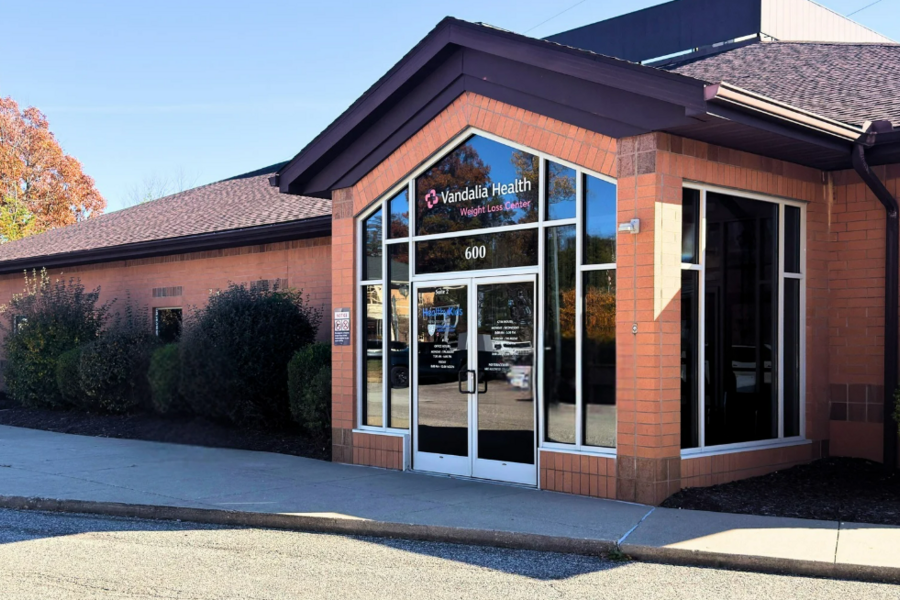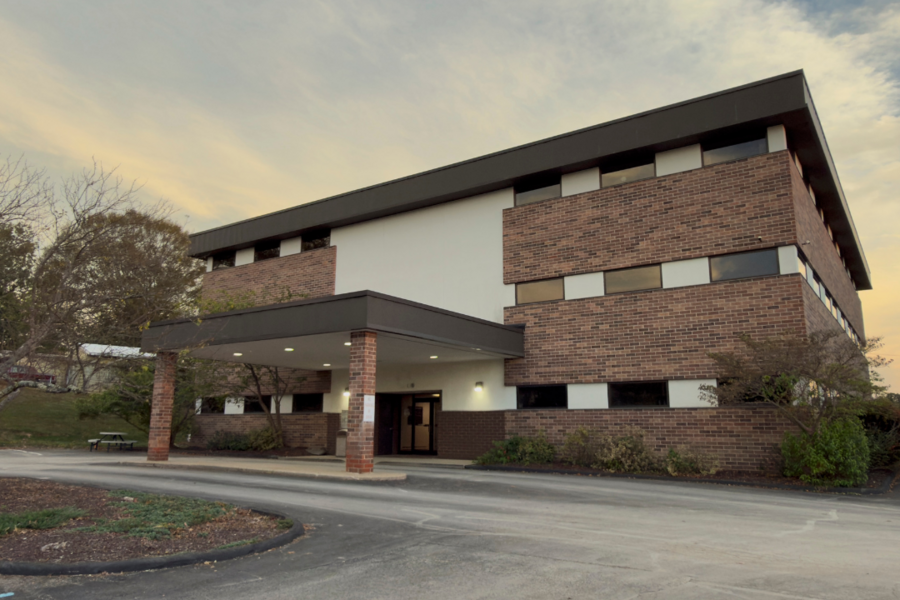How Duodenal Switch Works
The duodenal switch is a weight-loss procedure that combines stomach reduction with intestinal bypass to help limit food intake and decrease calorie absorption.
Step 1: Creating a smaller stomach
Surgeons remove a portion of the stomach to form a narrow, sleeve-shaped pouch - similar to a sleeve gastrectomy. This smaller stomach helps patients feel full sooner.
Step 2: Rerouting the small intestine
Next, the first part of the small intestine (the duodenum) is divided just beyond the stomach. A section of the last portion of the small intestine is then connected directly to the new stomach pouch. This means that food bypasses roughly 75% of the small intestine and enters the digestive tract much farther down. The bypassed portion of the small intestine, which carries bile and pancreatic enzymes needed to digest fat and protein, is reconnected near the end of the intestine. Because food does not mix with these digestive enzymes until the very end of the process, the body absorbs far fewer calories, nutrients and fat-soluble vitamins.
While the smaller stomach limits food intake, its restrictive effect lessens over time, and most patients can eventually eat near-normal meals. The primary long-term effect comes from the significant reduction in nutrient absorption.
Like gastric bypass and sleeve gastrectomy, the duodenal switch also changes gut hormones in ways that reduce hunger, increase fullness and improve blood sugar control. Because of this, it's considered the most effective metabolic surgery for treating diabetes.
Benefits of Duodenal Switch Surgery
- Produces greater long-term weight loss than other bariatric procedures (typically 60-70% excess weight loss or more at five years)
- Allows patients to eventually eat near-normal meal sizes
- Reduces fat absorption by 70% or more
- Favorably affects gut hormones to reduce appetite and improve satiety
- Offers the highest effectiveness for diabetes improvement compared to other weight-loss procedures
All medical and surgical weight loss procedures carry potential risks and complications. Outcomes vary from patient to patient. It is important to discuss the benefits, risks, and alternatives of any procedure with your physician to determine the treatment option that is appropriate for your individual health needs.
Is Duodenal Switch the Right Option?
Once you and your physician decide that weight-loss surgery is appropriate, the next step is choosing the procedure that best matches your medical needs and long-term goals. This decision is highly individualized and depends on several factors, including your body mass index (BMI) and any obesity-related health conditions.
The duodenal switch may be appropriate for:
- Patients with a BMI over 40
- Patients with lower BMIs who have obesity-related illnesses, such as diabetes
- Patients with very high BMIs (over 55) - research shows that the duodenal switch can lead to greater weight loss than Roux-en-Y gastric bypass in people with a BMI of 50 or higher
Because this is a complex surgery with a higher risk of complications, it is not suitable for everyone. It may not be recommended for individuals with certain serious health conditions, such as heart failure or severe sleep apnea. Your provider will help determine whether this procedure is the safest and most effective choice for you.

West Virginia’s Weight Loss Specialists
Our bariatric surgeons are experts in a variety of weight loss surgery techniques.
What To Expect
Weight-loss surgery requires a lifelong commitment to significant lifestyle and dietary changes. It is not a quick fix and should be approached thoughtfully and with family support. Once you and your surgeon decide to move forward, you will complete several preoperative evaluations, which may include:
Nutrition counseling with a registered dietitian to review dietary changes before and after surgery
A psychological assessment to ensure you are emotionally prepared
An upper endoscopy to check for ulcers, tumors, polyps or infection
Heart and lung evaluations, if needed
A review of all medications and supplements - including vitamins, minerals, and herbal products
Your care team will also ask you to begin certain lifestyle changes before surgery:
Quit smoking at least 6–8 weeks before and after surgery. Smoking significantly increases the risk of complications, including dangerous blood clots and lung problems
Avoid alcohol for at least 48 hours before surgery
Lose 5–10% of your excess weight before the operation. Even modest weight loss can shorten your hospital stay and improve results after surgery
A duodenal switch procedure typically takes three to four hours, and most patients need three to four weeks to recover.
Eating After Surgery
Your diet will progress in stages:
Fluids only, immediately after surgery
Pureed foods, as healing progresses
Soft, then solid foods, under the guidance of your care team
Weight Loss Expectations
Most weight loss occurs during the first 12–18 months. On average, patients may lose:
About 70% of their excess body weight
About 35% of their BMI
Lifelong Nutritional Care
Because the duodenal switch significantly reduces nutrient absorption, there is a higher risk of vitamin, mineral and protein deficiencies than with other weight-loss surgeries.
Patients must take daily supplements for life, including:
Vitamin A
Vitamin D
Calcium
Other vitamins or minerals, such as potassium or iron, if recommended
Regular follow-up care is essential. Not following nutrition guidelines can lead to malnutrition and uncomfortable bowel changes.




